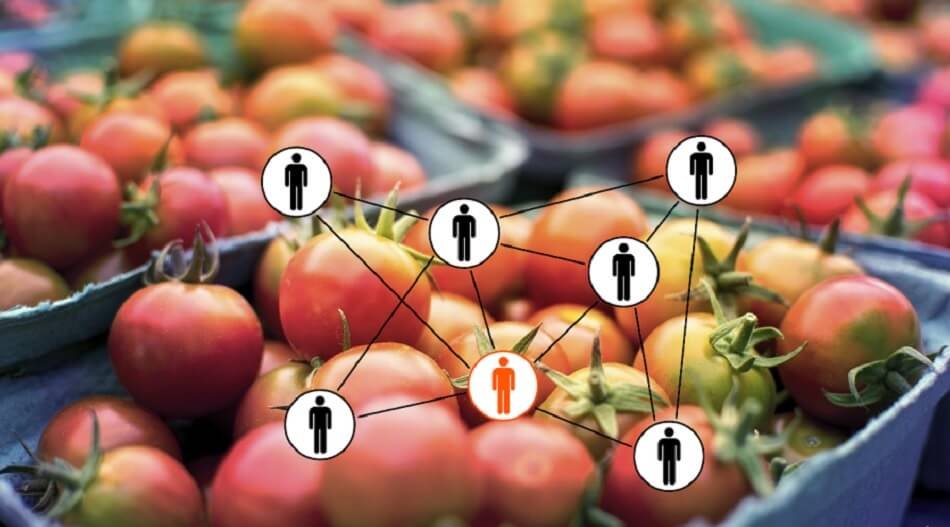Centre to link six online agri portals with eNAM to increase trading volumes
The Centre will shortly link six online portals together with the electronic National Agriculture Market (eNAM), which is expected to increase trading volumes while also offering farmers better price discovery to sell their goods. This describes the national success of e-NAM.
After bringing in assaying and certification companies, this may also assist remove one of the biggest barriers in online selling – the quality assurance of the goods.
During April-January of the current fiscal year, total transactions via e-NAM reached ₹42,163 crore, compared to ₹31,366 crore in 2020-21. Since its inception in 2016, this fiscal’s transactions have reached an all-time high.
Aagri tech start-ups will receive a record $1 billion investment in 2022
Never desired a monopoly
‘We never intended for e-NAM to have a monopoly. Our goal is to improve price discovery for farmers, and by using the experience of others, it will be a win-win situation for both buyers and sellers on the integrated platform,’ said Neelkamal Darbari, managing director of the Small Farmers’ Agri-Business Consortium (SFAC).
Darbari stated the new venture would also include transportation, warehousing, quality assaying, storage, fintech, and agri-advisory services, and that over 15 companies have shown interest in participating. ‘Through a single window, farmers, farmer producer organizations (FPOs), dealers, and other stakeholders would be able to access a bigger market environment,’ she explained. According to insiders, the number of platforms will expand once expressions of interest (EOI) are open.
More options
Through APIs, the new project will enable the integration of various public and private trade and service-providing platforms across the agriculture sector. Farmers and FPOs on e-NAM and other platforms will be able to submit their goods to additional purchasers across the portals following this integration. According to her, this will provide farmers additional options and aid in better pricing negotiations for their goods.
The Agriculture Ministry has charged SFAC, a society under the Agriculture Ministry, with raising the income of small and marginal farmers through aggregation and the growth of agri-business. Aside from e-NAM, it is also the primary implementing agency for the establishment of 10,000 new FPOs.
Presently, e-NAM has connected 1,000 mandis across the nation, whereas private-sector online platforms are often limited to certain locations or commodities. Furthermore, e-NAM systems are functioning at FPO premises in states where they are permitted. Even if transactions are completed via e-NAM, mandi fees must be paid in accordance with local norms in each state. While some states, such as Rajasthan, maintain standard fees throughout all mandis, while costs vary by product, others, such as Gujarat, have permitted the APMC to set market fees.
According to the source, ‘Based on the success of the new project, the next step will be to persuade states to exclude mandi fees for transactions done through the electronic platform.’ Further, the source added that ‘the government, either at the central or state level, may consider absorbing operating costs if farmers receive the benefit.’
Private sector expertise on e-NAM
Approximately 1.72 crore farmers, 2 lakh dealers, and 1 lakh commission agents have joined on the e-NAM platform to far. Despite the fact that the commercial businesses that will participate in the new effort have a lower base than e-NAM, Darbari believes that they (the private players) may have some other knowledge from which e-NAM farmers would gain from the integration.
27 pesticides are being considered for the ban, expert committee to look into it
‘As technology infusion in agriculture expands with the introduction of artificial intelligence (AI) and other technologies, there will undoubtedly be changes in the traditional trade model. However, a crucial challenge that has still to be completed is to implement reforms at the state level in order to increase inter-mandi and inter-state transactions,’ Darbari remarked.


















Add Comment